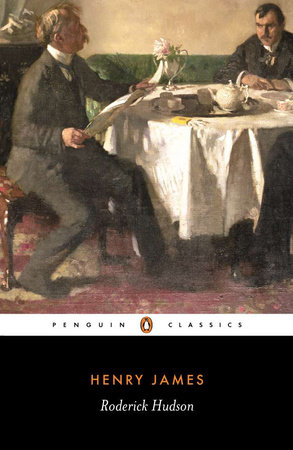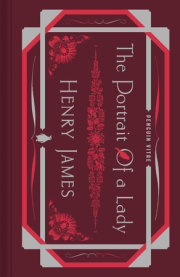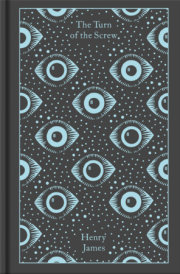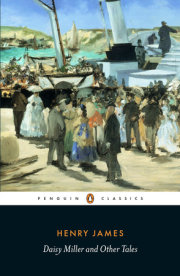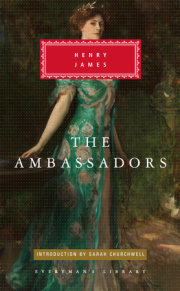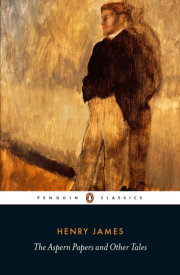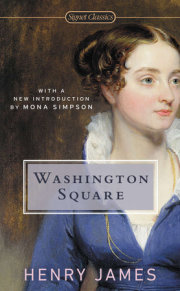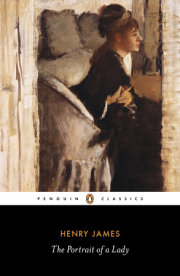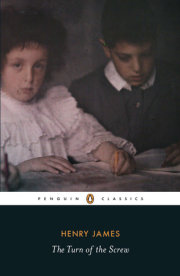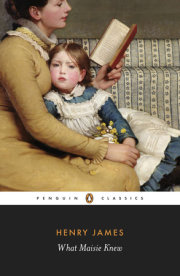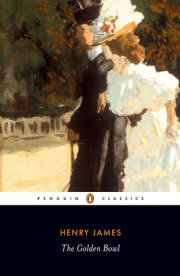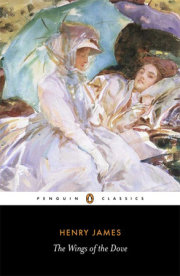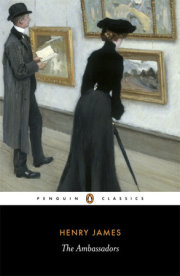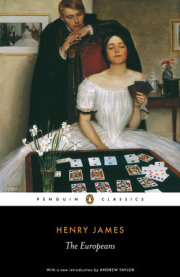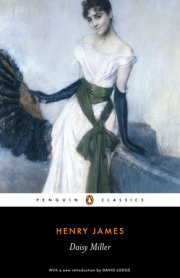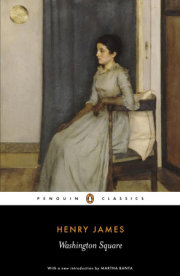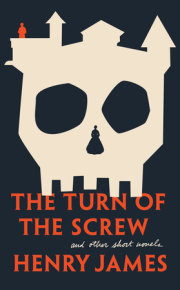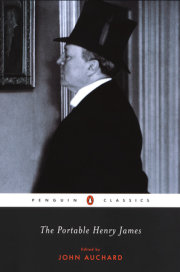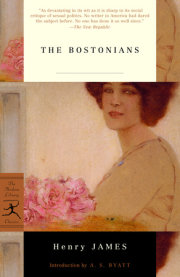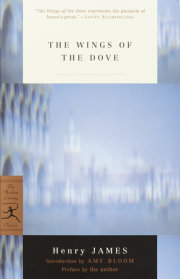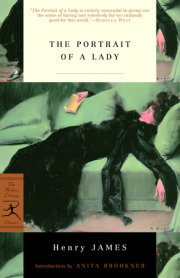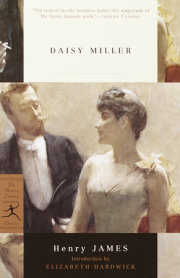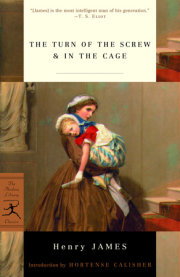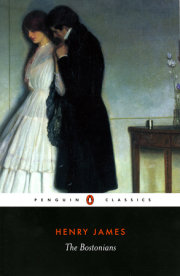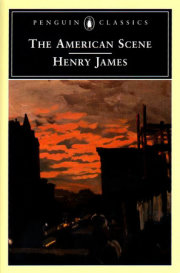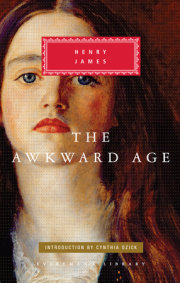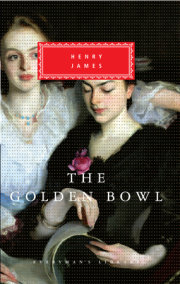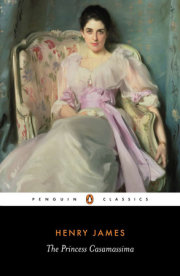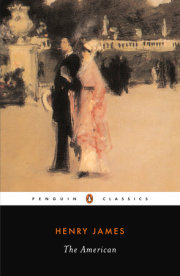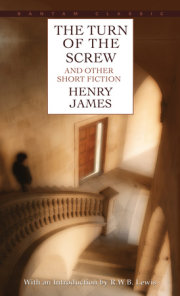When wealthy Rowland Mallet first sees a sculpture by Roderick Hudson, he is astounded and pronounces it to be a work of genius, and is equally entranced by the sculptor's beauty, spirit and charisma. Wishing to give the impoverished artist the opportunity to develop his talent, he takes Roderick from America to Rome, where he becomes the talk of the city. But Roderick soon loses his inspiration and Rowland loses control of his protégé, while both fall in love with women they cannot ever have. Can Roderick be saved from the path to self-destruction he seems set on? One of Henry James's first novels, Roderick Hudson (1875) is a compelling depiction of the artistic temperament and of a young man who, like Icarus, flies too close to the sun.
For more than seventy years, Penguin has been the leading publisher of classic literature in the English-speaking world. With more than 1,700 titles, Penguin Classics represents a global bookshelf of the best works throughout history and across genres and disciplines. Readers trust the series to provide authoritative texts enhanced by introductions and notes by distinguished scholars and contemporary authors, as well as up-to-date translations by award-winning translators.
For more than seventy years, Penguin has been the leading publisher of classic literature in the English-speaking world. With more than 1,700 titles, Penguin Classics represents a global bookshelf of the best works throughout history and across genres and disciplines. Readers trust the series to provide authoritative texts enhanced by introductions and notes by distinguished scholars and contemporary authors, as well as up-to-date translations by award-winning translators.
About
When wealthy Rowland Mallet first sees a sculpture by Roderick Hudson, he is astounded and pronounces it to be a work of genius, and is equally entranced by the sculptor's beauty, spirit and charisma. Wishing to give the impoverished artist the opportunity to develop his talent, he takes Roderick from America to Rome, where he becomes the talk of the city. But Roderick soon loses his inspiration and Rowland loses control of his protégé, while both fall in love with women they cannot ever have. Can Roderick be saved from the path to self-destruction he seems set on? One of Henry James's first novels, Roderick Hudson (1875) is a compelling depiction of the artistic temperament and of a young man who, like Icarus, flies too close to the sun.
For more than seventy years, Penguin has been the leading publisher of classic literature in the English-speaking world. With more than 1,700 titles, Penguin Classics represents a global bookshelf of the best works throughout history and across genres and disciplines. Readers trust the series to provide authoritative texts enhanced by introductions and notes by distinguished scholars and contemporary authors, as well as up-to-date translations by award-winning translators.
For more than seventy years, Penguin has been the leading publisher of classic literature in the English-speaking world. With more than 1,700 titles, Penguin Classics represents a global bookshelf of the best works throughout history and across genres and disciplines. Readers trust the series to provide authoritative texts enhanced by introductions and notes by distinguished scholars and contemporary authors, as well as up-to-date translations by award-winning translators.
Author
Back to Top
Notifications






